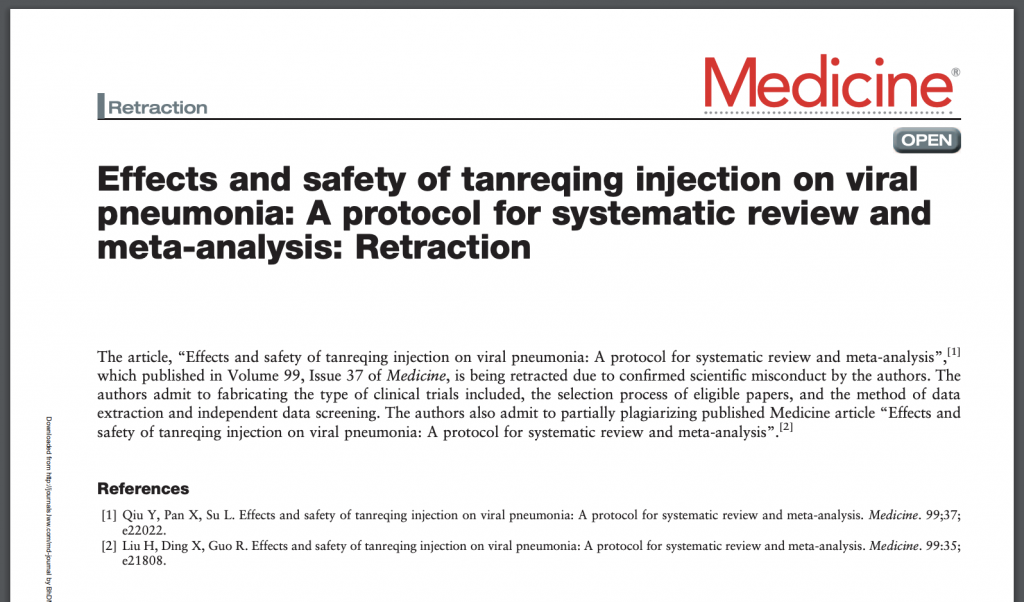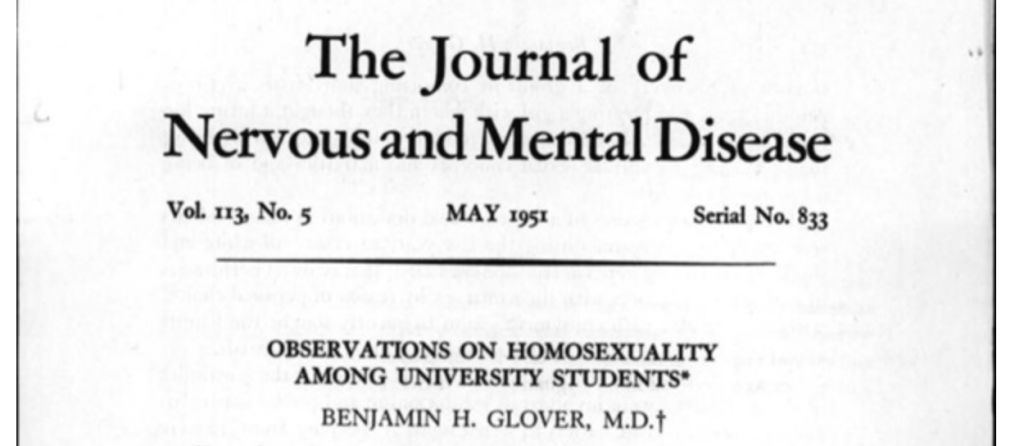
After a petition from nearly two dozen people in Europe, the United States and Asia, a public health journal says it is investigating an article it published last January about a way to detect the virus that causes COVID-19.
[Please see an update on this post.]
The paper, “Detection of 2019 novel coronavirus (2019-nCoV) by real-time RT-PCR,” appeared in Eurosurveillance. It was received on January 21 and accepted on January 22, a remarkably quick turnaround under normal circumstances, although not unheard of during the pandemic. It has been cited well over 800 times, according to Clarivate Analytics’ Web of Science.
The senior author of the work was Christian Drosten, of the Charité University Hospital in Berlin, who became something of a celebrity virologist — the Anthony Fauci of Germany — in the early days of the pandemic. As Science reported in late April, Drosten’s podcast, Coronavirus Update, became the most popular podcast in Germany, garnering more than 1 million downloads per episode.
Continue reading Public health journal “seeking further expert advice” on January paper about COVID-19 PCR testing by high-profile virologist





